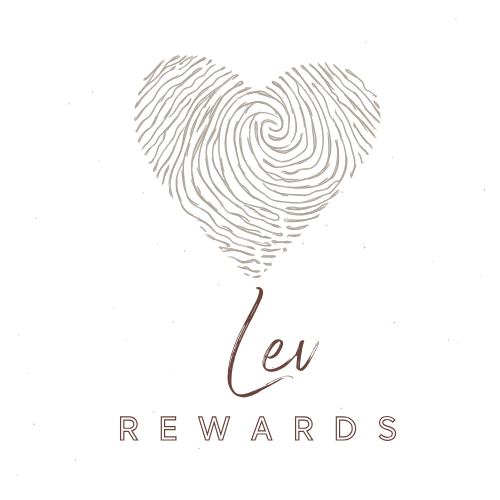Imagine this—you’ve been working tirelessly on a big project. After weeks of effort, your manager finally acknowledges your hard work with a simple, heartfelt, “Thank you.” Feels good, right? Now, imagine they add a surprise reward—a bonus, a gift, or even an extra day off. Suddenly, that moment of recognition feels even more meaningful.
That’s not just a gut feeling. Science backs it up.
Our brains are wired to seek validation and rewards. When we receive recognition or incentives, our brain releases dopamine—the feel-good chemical responsible for motivation, focus, and overall job satisfaction. Studies have shown that workplaces that incorporate rewards effectively see higher employee engagement, improved performance, and lower turnover rates (Gallup, 2023).
But here’s the catch—not all rewards are created equal.
The Psychology of Rewards: Why They Work
Behavioural economics tells us that motivation is driven by two main factors: extrinsic rewards (like bonuses, gifts, or promotions) and intrinsic rewards (like personal growth, purpose, and recognition). The best reward systems balance both.
A well-designed reward programme isn’t just about handing out incentives—it’s about fostering connection, engagement, and trust. A poorly designed system, however, can backfire. Ever heard of the overjustification effect? This happens when rewards feel transactional, making employees less likely to feel genuinely motivated. When people feel like they are being “bought” rather than appreciated, they disengage.
So, what actually works?
What Drives Real Engagement?
If you’re looking to build an effective rewards strategy, here’s what science and research say are the key drivers of engagement:
1. Recognition is Everything
According to a study by Workhuman (2022), 79% of employees who receive frequent recognition feel more engaged in their work. It’s not always about the money—people want to feel seen.
A simple “well done” can be just as powerful as a monetary reward when it comes to motivation. Recognition can be public or private, verbal or written, formal or informal—the key is making it genuine and consistent.
Example: Think about Siya, a customer service agent who goes out of his way to help a client. His manager sends a company-wide email praising his dedication. Siya feels valued, which increases his motivation to keep delivering great service.
2. Personalized Rewards Matter More Than Generic Ones
One-size-fits-all rewards don’t work. Employees value experiences and choices more than generic incentives. A Deloitte study (2023) found that customized rewards improve job satisfaction by up to 47%.
If an employee loves travel, a flight voucher will mean more than a generic shopping voucher. If they’re a parent, extra leave days might be more meaningful than a gift card. The trick is to know your team and offer meaningful, relevant rewards.
Example: Instead of giving all employees the same R500 voucher, an employer allows them to choose between an experience (e.g., a weekend getaway), an online learning subscription, or an extra leave day. Engagement soars because employees feel their unique needs are considered.
3. Gamification & Progress Tracking Boost Engagement
Humans are naturally competitive—even if it’s just with ourselves. Gamification in rewards programmes keeps employees engaged because it gives them a clear sense of progress and achievement.
A PwC study (2021) found that companies using gamification techniques in employee rewards saw a 60% increase in engagement levels. When people see their progress, they stay motivated to keep pushing forward.
Example: A company introduces a leaderboard tracking employees’ performance and engagement. Employees earn points for completing tasks, collaborating with teammates, or hitting milestones, which they can redeem for rewards. This keeps them motivated and engaged.
What to Avoid in Reward Programmes
Many businesses launch employee reward programmes just to tick a box, but badly designed incentives can do more harm than good. Here’s what NOT to do:
- Don’t Make It Transactional – If rewards feel forced or insincere, employees won’t engage with them.
- Avoid Unfair Reward Systems – If recognition is only given to a select few, others will feel overlooked.
- Don’t Ignore Intrinsic Motivation – Money and perks matter, but they’re not enough on their own. Employees want to feel like their work has purpose.
Final Thoughts: Making Rewards Work for Your Business
Employee engagement isn’t just about keeping people happy—it’s about driving performance, retention, and ultimately, business success. When employees feel recognised and valued, they are more productive, more innovative, and more committed.
So, here’s the real question: Is your employee rewards programme actually driving engagement, or is it just a box-ticking exercise?
If it’s the latter, it’s time to rethink your strategy. Because at the end of the day, people don’t just work for a paycheck—they stay where they feel appreciated.
